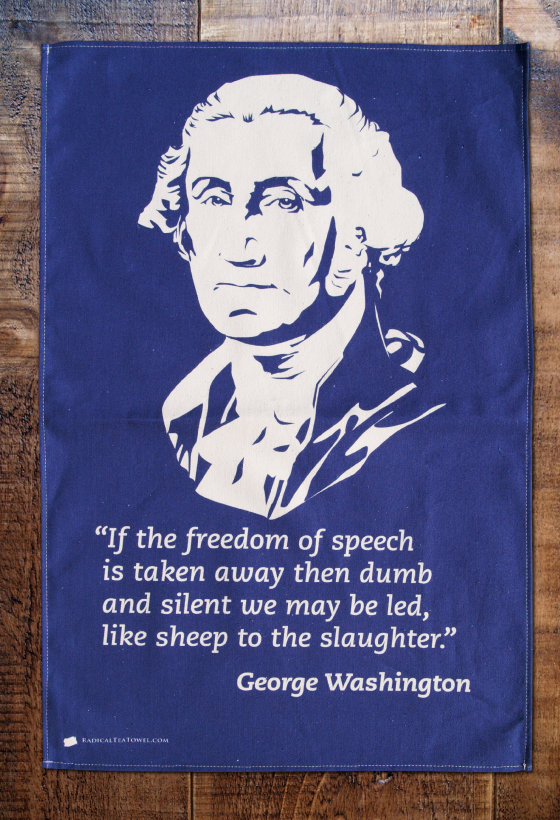The Three Yorktowns
Posted by Pete on Oct 20th 2017
Yesterday was the 236th anniversary of the Patriots' victory at the Battle of Yorktown in the Revolutionary War.
You might already know that George Washington was in command at Yorktown – I could write about him today. Sure, he was a colourful figure who played an important role in realizing American independence.
But hundreds of ordinary men decided that battle with their blood and courage. It's their day too. Let's save Washington's story 'til another time.
There are actually three Yorktowns I want to tell you about instead.
Siege of Yorktown
The first is that famous battle. Late September 1781: about 20,000 American and French troops encircled Charles Cornwallis's British army at Yorktown on the Atlantic coast of Virginia while a French fleet under the Comte de Grasse prevented relief from the sea.
Three weeks later the 8,000-strong British garrison surrendered to General Washington. The power of the Empire in the Thirteen Colonies was broken.
On hearing the news, the British Prime Minister, Lord North, apparently despaired "Oh God, it’s all over." The PM was talking about the American War (he was right - two years later it really was over), but what he said was no less true of the widely-held view that the European empires were invincible.
That early victory over empire gave countless other revolutionaries the confidence to rebel and the audacity to believe they could win against imperialism. From Bolívar in Latin America, to Eamon de Valera in Ireland, to Gandhi in India.
USS Yorktown
The second Yorktown - USS Yorktown to be exact - came along 150 years later. It was an aircraft carrier (if the Patriots had had one of these in 1781 the siege might have taken a bit less time…). It was launched in April 1936, with First Lady Eleanor Roosevelt doing that thing when they waste a perfectly good bottle of alcohol by smashing it on the side of the ship.
Why does the USS Yorktown belong in progressive history? The Yorktown saw service in the Pacific Theatre during the Second World War where it played a crucial role in stopping the march of Japanese aggression - especially at the Battle of Midway (4th June 1942).
Widely regarded as a turning point in the struggle between the Allies and Japan, the Yorktown was the core of the US fleet defending the Midway islands (west of Hawaii) from the Japanese navy. Midway was the old boat’s last battle - stubbornly refusing to sink for 3 days having taken direct hits from Japanese dive bombers during the battle, she went down on 7th June.
Hundreds of American sailors and pilots gave their lives serving on the Yorktown through the war, to stop an imperial aggressor that believed they had a right to rule the Pacific. Just like those American soldiers who gave their lives at Yorktown two centuries earlier.
Yorktown as a symbol of justice and freedom
I said three Yorktowns, so what’s the third? The first was a battle, the second a ship, the third is an idea. It’s why the carrier Eleanor Roosevelt launched in 1936 was called 'Yorktown' in the first place.
The word has come to embody great virtues. Liberty against tyranny, rebellion against power, the strength of a united people.
The Yorktown and Midway struggles were progressive causes - but were also flawed. On winning its independence, America didn’t abolish slavery; on winning the Second World War, she didn’t abandon empire.
But 'Yorktown' the idea is far less ambiguous. It gave soldiers courage because it had come to represent the big, noble and simple ideas – freedom, justice, rights.
I'll leave you with this beautiful quote from Franklin Roosevelt, given soon after Midway and really giving voice to that righteous determination of the American people that runs through this entire Yorktown story.
"From Berlin and Tokyo and Rome we have been described as a nation of weaklings. Playboys who would hire British soldiers, or Russian soldiers, or Chinese soldiers to do our fighting for us. Let them repeat that now. Let them tell that to the sailors who are today hitting hard in the far waters of the Pacific." - F. D. Roosevelt

